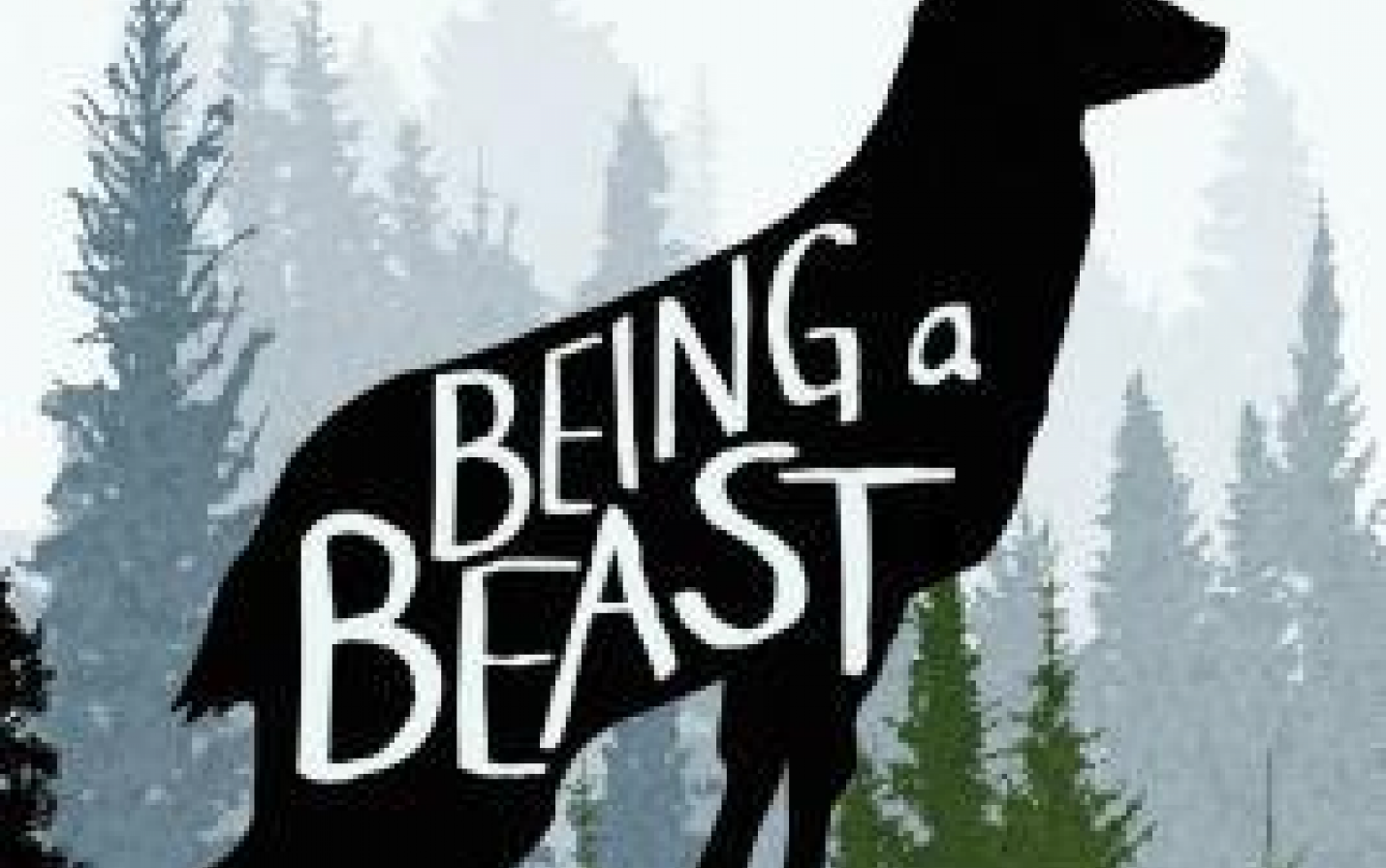
Charles Foster wants to know what it's like to be a wild thing.
Not a man six feet above ground describing wild things from a man's perspective (anthropocentrism) or assigning human qualities to bunnies and bears (anthropomorphism). Foster wants to be the wild thing, living as wild things live.
In 'Being a Beast,' Foster nearly convinces us that such shape-shifting is possible in the way he lyrically tells his stories — uncensored, intensely descriptive and often hysterical — and by referencing literary works and undisputed physiological facts.
He structures the book around the four elements of Western culture. Through Foster, we become a badger and red deer (living below or on the earth), an urban fox (the fire of city lights), an otter (water) and a swift (air). We burrow in a Welsh hillside and eat earthworms, become hunted by a bloodhound and nearly die of hypothermia, sleep on London's streets and narrowly avoid arrest, catch fish in our teeth and follow the migration route from England to Africa, riding thermals two miles above earth.
The experience is trippy. Foster invites us to contemplate and vicariously live the previously unimaginable.
Take depositing spraint, for example. Spraint is dung that otters leave to signal their presence. We can learn about spraint — what it is, what it looks and smells like, and how long it lasts in the sun and rain — but Foster insists that you can't be an otter without depositing spraint. So he and his six children repeatedly do just that across a moor in Devon. (He must have a patient wife. He also refrained from trimming his toenails for months to mimic deer hoofs.)
Calling Foster batty is tempting. Certainly, a man with a doctorate in medical law and ethics from the University of Cambridge and who's a fellow at University of Oxford should have something better to do than deposit man-spraint.
Yet without warning and a bit reluctantly, we begin to acknowledge that Foster's observations and conclusions are shifting our mind-sets just as his experiences are shifting his own.
Badgers, we learn, have superb hearing and can pick up on the sound of a traveling earthworm. 'Just think what the obscene tsunami of a nearby motor vehicle does to an animal that can do that.' He suggests we find out by sitting in an isolated place, then walking quietly to a road.
'The first car will seem like a regiment of tanks. You'll feel violated, and feel that the land is violated. You'll note in yourself, perhaps with surprise, that since both you and the land are violated, there must be a previously unrecognized solidarity between you and the land.'
He also challenges perceptions by telling how he changed appearance to create less attention as he rummaged through garbage as a fox in the highbrow East End of London. 'Someone in unstained trousers and an unripped sweater looks criminal if he's raking through a herniated bin bag, but if you're dirty, tired, and slumped, no one minds. You're translucent. People look through you.'
While empathy plays a notable role in the book, the overall question that Foster raises has more to do with how we as humans are anchored to our planet and how we can better understand the man-beast-earth interrelatedness. He offers an answer, too. He admits that no man can be a beast. No matter how hard we try to be something else, we're human. Achingly human.
Before Foster even begins his first chapter, he already apologizes for what the book became. 'I had hoped to write a book that had little or nothing of me in it. The hope was naive. It has turned out to be (too much) a book about my own rewilding, my own acknowledgment of my previously unrecognized wildness, and my own lament at the loss of my wildness. I'm sorry.'
He shouldn't be.